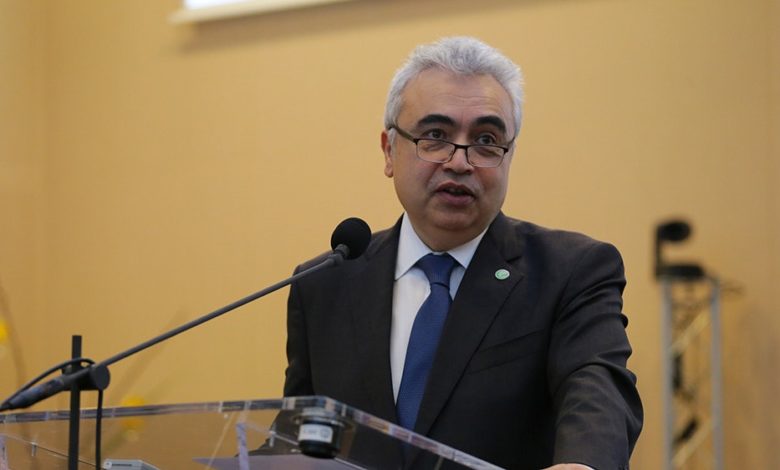Clean energy investment nowhere near net zero goal: IEA

Global investment in energy is set to rebound by nearly 10% in 2021 to $1.9trn, but energy transition spending needs to speed up much more rapidly to meet climate goals, a new report from the International Energy Agency (IEA) said.
The latest IEA report found that 2021 is on course to be the sixth year in a row that investment in the electricity power sector exceeds that in traditional oil and gas supply. However, not enough is going into clean energy, especially in emerging market and developing economies.
“The anticipated investment in clean energy technologies and efficiency in 2021 is encouraging but remains far below what’s required to put the energy system on a sustainable path. Clean energy investment would need to triple in the 2020s to put the world on track to reach net zero emissions by 2050,” IEA said.
Global power sector investment this year is estimated at $820bn, its highest ever level, after staying flat in 2020. Renewables are dominating investment in new power generation and are expected to account for 70% of 2021’s total of $530bn spent on all new generation capacity.
Much greater resources have to be mobilised and directed to clean energy technologies
The IEA launched a major warning to the energy industry last month, saying investors should not fund new oil, gas and coal supply projects if the world wants to reach net zero emissions by 2050.
It said that upstream oil and gas investment is expected to rise by about 10% in 2021 as companies recover financially from the shock of 2020, but their spending remains well below pre-crisis levels.
Total estimated upstream spending of $351bn this year remains 26% lower than 2019 levels and will be behind renewable power projects in 2021. LNG liquefaction investment dropped by more than a third in 2020, but is expected to grow by more than two-thirds in 2021 to over $23bn.
“The rebound in energy investment is a welcome sign, and I’m encouraged to see more of it flowing towards renewables,” said Fatih Birol, the IEA’s executive director. “But much greater resources have to be mobilised and directed to clean energy technologies to put the world on track to reach net-zero emissions by 2050.”

